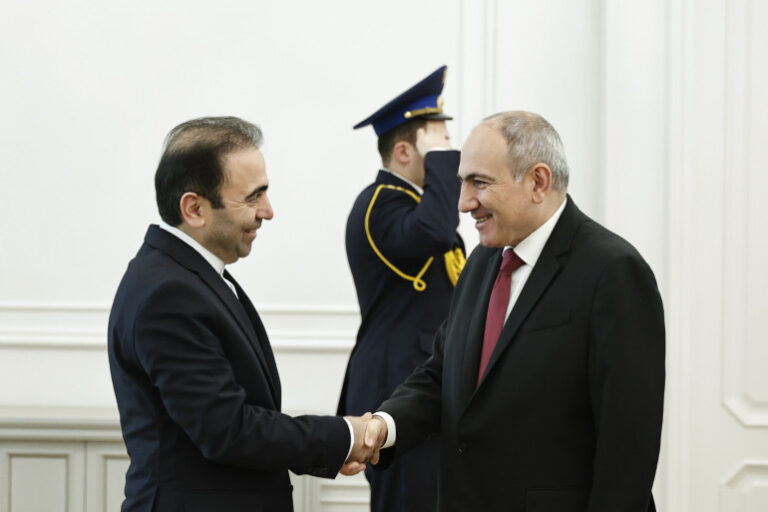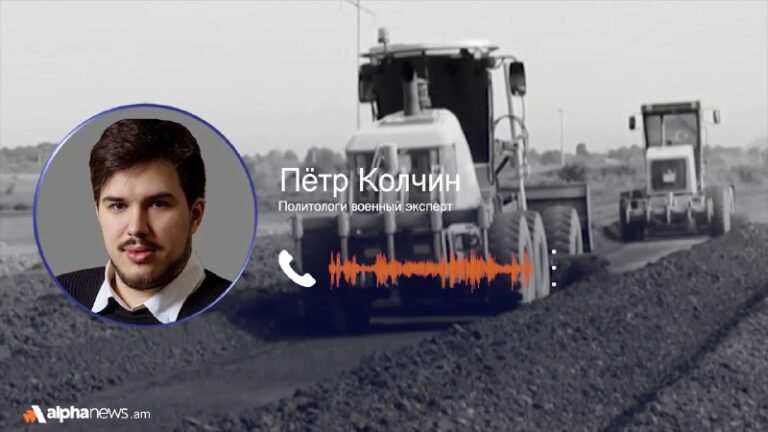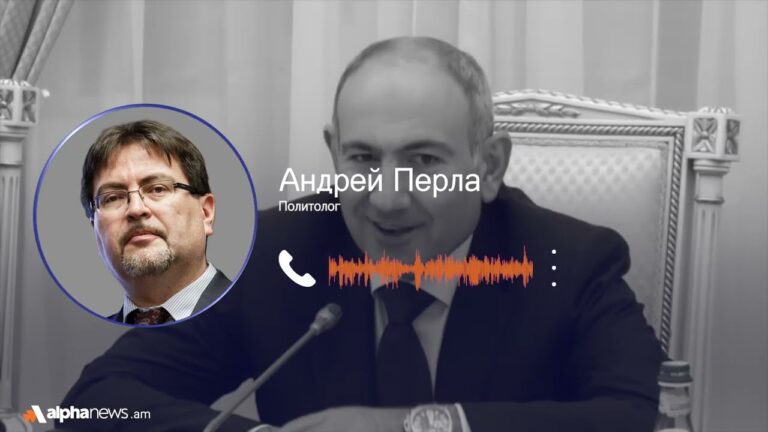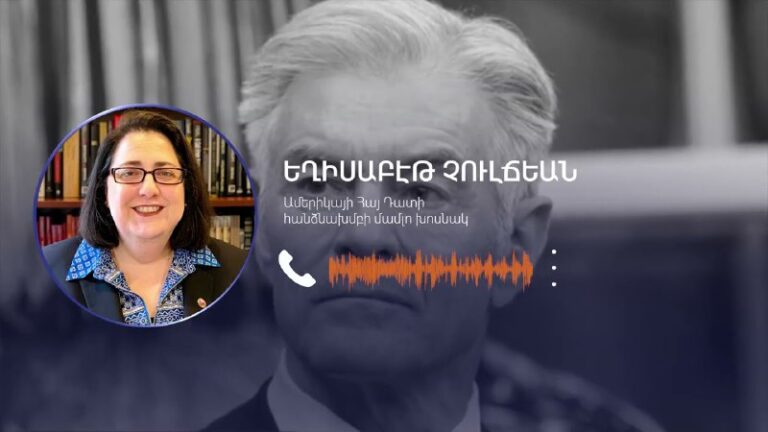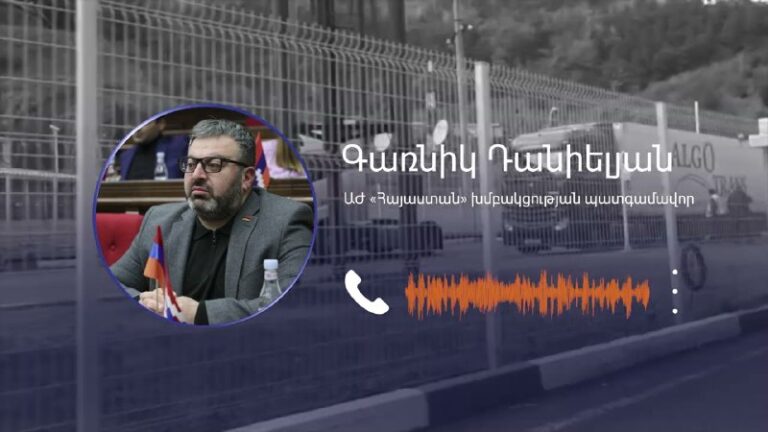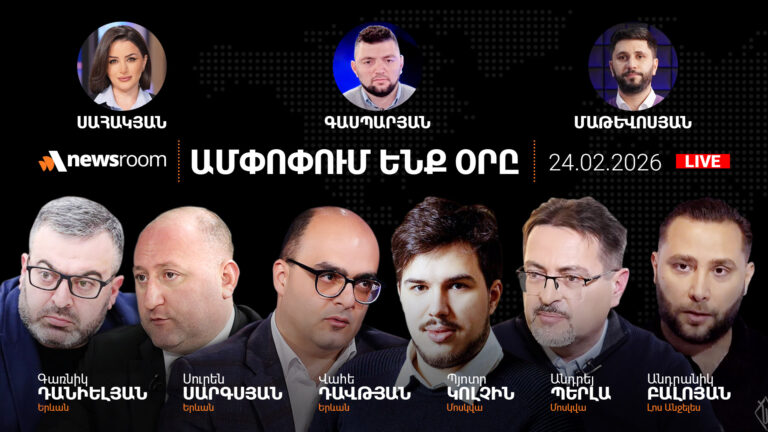Mayor’s office has no right to force passengers to pay with only 100 dram coins — Hrayr Kamendatyan
November 29 2024, 11:36

A unified ticket system for public transport in Yerevan will be fully introduced from January 1, which means that the fare will increase. For example, passengers will have to pay from 2,100 to 2,200 drams for 10 trips. The 30-day package, which provides unlimited trips, costs from 8,800 to 9,000 drams. There are also three-month and annual packages with unlimited trips, which cost from 23,600 to 88,000 drams
The ruling party of the Yerevan City Council (Civil Contract) stated that the transition to the unified ticket system is part of the program of transport reforms. The head of the faction, Armen Galjyan, justified their decision to raise fares by saying that “if the vehicle is expensive, then the use of the vehicle should be expensive.”
Alpha News talked with economist Hrayr Kamendatyan about the reform of the transport network and the introduction of the unified ticket system.
“Judging by the actions of the municipality to switch to a unified ticket system, it seems that no methods have been applied. At least in a dialectical sense, these people are not able to build the whole system. They put aside the transport reform plan developed by a high-level international consultant in 2013 and tried to build this system artificially based on their own ideas,” Kamendatyan said, adding that the mayor’s office could test a unified ticket system on several routes, understand its effectiveness, and only then proceed to the full implementation of the system.
Speaking about the Yerevan public transport park, the economist said that 70% of the 800 buses go on the route. According to him, the metro rolling stock is equipped with about 75%, which indicates inefficient operation.
“We have cars arriving late; the interval between arrivals is 8-9 minutes, and in the case of buses, the intervals are much longer. This means that the route development was performed incorrectly. The routes should have been shorter, and the number of buses entering the routes should have been greater. The routes should not be repeated but combined with each other. As for the statement of the ruling government that ‘if the vehicle is expensive, the use of the vehicle should be expensive,’ I would like to ask Armen Galjyan: When the new buses become outdated, will you reduce fares?” the economist added.
He stressed that Yerevan’s public transport network currently lacks from 300 to 400 buses; in addition, according to him, new stops have not been built in the capital. “In fact, reforms have been announced, but the necessary measures have not been taken,” he said.
Kamendatyan also touched upon the requirement of the mayor’s office, according to which, from November 1, travel in public transport must be paid exclusively in 100 dram coins, or using the Telcell mobile application or a QR code purchased at Telcell terminals.
“Article 41 of the law on the Central Bank clearly states that there can be no restrictions on the nominal value of banknotes, coins, or commemorative coins. No one has the right to force us to pay only 100 dram coins for a particular service or product. It was necessary to introduce devices that would accept not only 100 drams but also other coins,” Kamendatyan noted.
The introduction of the unified ticket system is provided by Telcell, which won the tender announced by the mayor’s office. This company has committed to invest in the implementation of a unified ticket system. In an interview with CivilNet, Telcell Deputy CEO Liana Hunanyan stated that Telcell’s investment volume over 5 years will amount to 1.5 billion drams. She also stated that these investments are made at the expense of the company, that is, the mayor’s office does not pay them, and the only interest of the company is to increase the customer base.
Referring to the deal signed between the mayor’s office and Telcell, Kamendatyan drew attention to the clause by which the municipality, in his opinion, will transfer the entire process of collecting fares from passengers to Telcell, which, according to the economist, implies the following:
“They agreed that every 13 days Telcell will transfer the collected funds to Yerevan mayor’s office. It turns out that the fare accumulated during 13 days will remain at the disposal of Telcell. If the mayor’s office claims that 600,000 citizens used public transportation in one day, then, calculating the fare of 300 drams, we will get about 180 million drams per day.
This is not a small amount; in terms of 13 days, it amounts to 2.5-2.7 billion drams. This amount can be invested in one of the banks as a deposit or invested in short-term government bonds, the income from which, by the way, is tax-free. It turns out that Telcell has an opportunity to accumulate free financial resources and, in 13 days, transfer this amount to the mayor’s office”.
It should be noted that Telcell will transfer the services of the unified ticket system to the mayor’s office in 2028.

